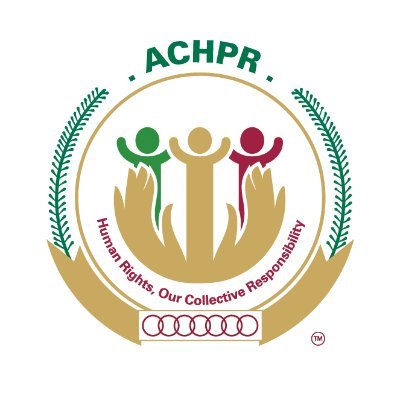The African Commission on Human and Peoples’ Rights (ACHPR) is one of the organs of the African Union (AU) as set out by The African Charter.
This Information Sheet is published by the Secretariat of the Commission on Human and Peoples’ Rights. Its purpose is to inform The African people and the ever-growing human rights audience about the existence of the Commission and its relevance to them, and to disseminate vital information on the activities of the Commission. This document is distributed free of charge and has been written in clear and simple language for easy comprehension. It deals with a brief history of the establishment of the Commission and the mandate conferred on the Commission in the Charter. It is also available in French.
Its production in languages other than the original language is encouraged so long as no changes are made to its content and provided that the African Commission is mentioned as the source.
The production and distribution of this document has been made possible through funding from the European Community.
African Commission on Human and Peoples’ Rights ACHPR
Introduction
For almost two decades after the creation of the Organisation of African Unity (OAU) in May 1963, the focus of the Organisation remained almost entirely on the decolonisation of the continent and the eradication of apartheid. In spite of the Organisation’s endorsement of the principles of the Universal Declaration on Human Rights of 1948 in the preamble of the OAU Charter, the promotion and protection of human rights within OAU members states was not a major priority. As such, it concentrated its efforts on political and economic independence, non-discrimination and the liberation of Africa, the eradication of colonialism on the continent and apartheid in Southern Africa, at the expense of individual liberty.
In the early days of its existence, different groups which included the Media, the Church, inter-governmental and non-government organisations (NGOs) mounted pressure on the OAU by exposing some of the most gruesome human rights abuses on the continent.
They accused the Organisation of abandoning its primary goal of restoring dignity to the humiliated African peoples. It was accused of double standards for condemning apartheid in South Africa while failing to condemn the massive human rights violations committed by some of its own members.
At the same time, the said pressure groups were encouraging the establishment of a human rights protection mechanism on the continent. Thus, starting from the 1961 Lagos conference organised by the International Commission of Jurists (ICJ) to the 1979 UN sponsored Monrovia Seminar on the Establishment of Regional Commissions on Human Rights with Special Reference to Africa, pressure and assistance were simultaneous to ensure that OAU and its leaders uphold the spirit that motivated the struggle for political independence to restore to the African peoples their dignity lost during slave trade and colonial eras- a cause for which they won international sympathy and support.
African Commission on Human and Peoples’ Rights ACHPR
In July 1979, the OAU Assembly of Heads of State and Government met in Monrovia, Liberia and decided to place its members under international obligations through a positivist approach.
Accordingly at this summit, a resolution was adopted calling on the OAU Secretary General to form a committee of experts which would draft an African Charter on Human and Peoples’ Rights, providing among other things, for mechanisms to promote and protect the rights embodied in the Charter.
The group of experts began work on a draft Charter in 1979 and produced a draft which was unanimously adopted at a 1981 meeting of the OAU Heads of States and Government in Nairobi Kenya. The Charter provides for a Human Rights Commission to ensure implementation of the rights enshrined therein.
This acceptance of a limitation on sovereign national authority (at least on human rights related matters), albeit minimal, was hailed as a significant step by African States. The move was generally viewed as ushering in a new era of recognition of individuals rights as enshrined in the Universal Declaration of Human Rights.
On 21 October 1986, the Charter came into force. This date has been declared, and is being celebrated as an African Human Rights Day.
For more about the African Commission on Human and Peoples’ Rights ACHPR,
pleasw Follow the link Below:




